The conference took place in the context of global public health facing many major changes. The US's official withdrawal from the World Health Organization (WHO) and reduction of investment in this field has strongly impacted efforts to prevent and combat public health threats, especially in tobacco control. However, despite these difficulties, tobacco control has still recorded many encouraging achievements on a global scale.
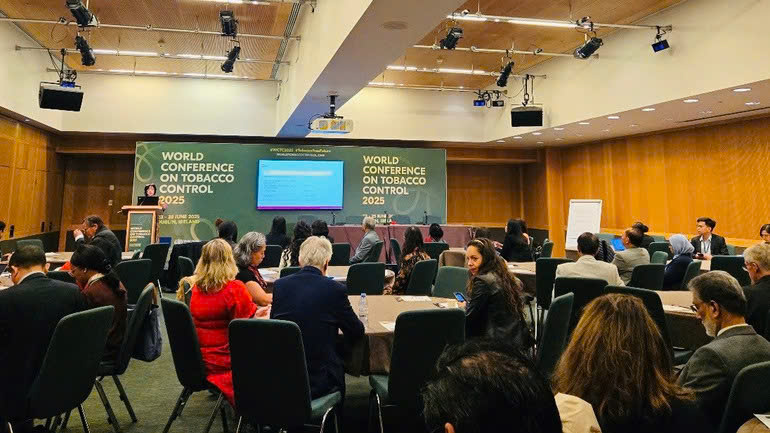 |
| Delegates attending the Conference. |
According to WHO, over the past two decades, the global tobacco use rate has decreased sharply, from 22.7% in 2007 to 17.3% in 2021.
This achievement was made possible by the active implementation of evidence- based tobacco control policies by many countries, in line with the WHO Framework Convention on Tobacco Control (FCTC) and MPOWER measures. Today, around 5.6 billion people, or 71% of the world’s population, are protected by at least one effective tobacco control policy.
The Dublin 2025 conference highlighted four key objectives: to create a space for global dialogue between governments, experts and civil society on tobacco control; to promote strong implementation of the FCTC and MPOWER measures; to strengthen resilience to sophisticated tobacco industry tactics; and to translate conference outcomes into lasting action.
Notably, on the opening day, WHO released the Global Tobacco Epidemic Report 2025. This is an important document providing the latest data on the tobacco control situation in each country.
The report notes remarkable progress in tobacco control pioneers, and reflects a growing trend of strong policies such as banning e-cigarettes, raising tobacco taxes, implementing clear graphic warnings on product packaging, and pushing back against youth-targeted marketing campaigns.
Also within the framework of the conference, WHO and Bloomberg Philanthropies presented global tobacco control awards to countries and organizations with outstanding achievements, including Vietnam.
As one of the bright spots in the Asia-Pacific region, Vietnam has been recognized for its efforts to build a sustainable financial mechanism in tobacco harm prevention and control.
At the Conference, Ms. Phan Thi Hai, Deputy Director of the Tobacco Harm Prevention Fund (Ministry of Health) shared her experience in establishing a transparent, multi-sectoral and evidence-based Fund model.
The Fund was established in 2013 under the provisions of the Law on Prevention and Control of Tobacco Harms 2012, with financial resources being mandatory contributions from tobacco manufacturing and importing enterprises. The Fund is managed by the Ministry of Health, with the participation of many ministries and sectors, and operates on the principle of funding based on output results.
Thanks to this effective mechanism, Vietnam has achieved many important results: the smoking rate among adults decreased from 23.8% in 2010 to 20.8% in 2021; the rate of exposure to secondhand smoke in the workplace and public places decreased sharply, from 73.1% to 45.6%.
In addition, the Vietnamese National Assembly has passed many progressive policies, such as Resolution 173/2024/QH15 to completely ban e-cigarettes, heated tobacco products and new addictive products from 2025.
In June 2025, the National Assembly also approved the amended Law on Special Consumption Tax, which applies a mixed tax system and a roadmap for continuous tobacco tax increases until 2031. With these efforts, the Vietnamese Ministry of Health was honored to receive the World No Tobacco Day 2025 Award from WHO.
One of the key themes at this year's conference is ensuring sustainable financing for tobacco control programmes, especially in low- and middle-income countries, where the majority of programmes still depend on international aid.
According to WHO, despite its huge prevention impact, the average expenditure on tobacco control remains very low, at just $0.01 per person in middle-income countries, and $0.0048 per person in low-income countries (2017 data).
This is an alarming figure, raising an urgent need to increase domestic financial investment. The FCTC calls on governments to build strong domestic financial resources to ensure long-term effectiveness, reduce the burden of disease and health costs, and contribute to sustainable economic and social development.
Experts at the conference once again affirmed that tobacco control is one of the most effective health and economic strategies.
In the context of shrinking global health budgets and the tobacco industry's ever-expanding marketing strategies targeting young people, systematic investment and the establishment of stable domestic financial mechanisms are prerequisites to protect public health and the future of young generations.
Source: https://baodautu.vn/to-chuc-y-te-the-gioi-canh-bao-dai-dich-thuoc-la-van-chua-ket-thuc-d312739.html



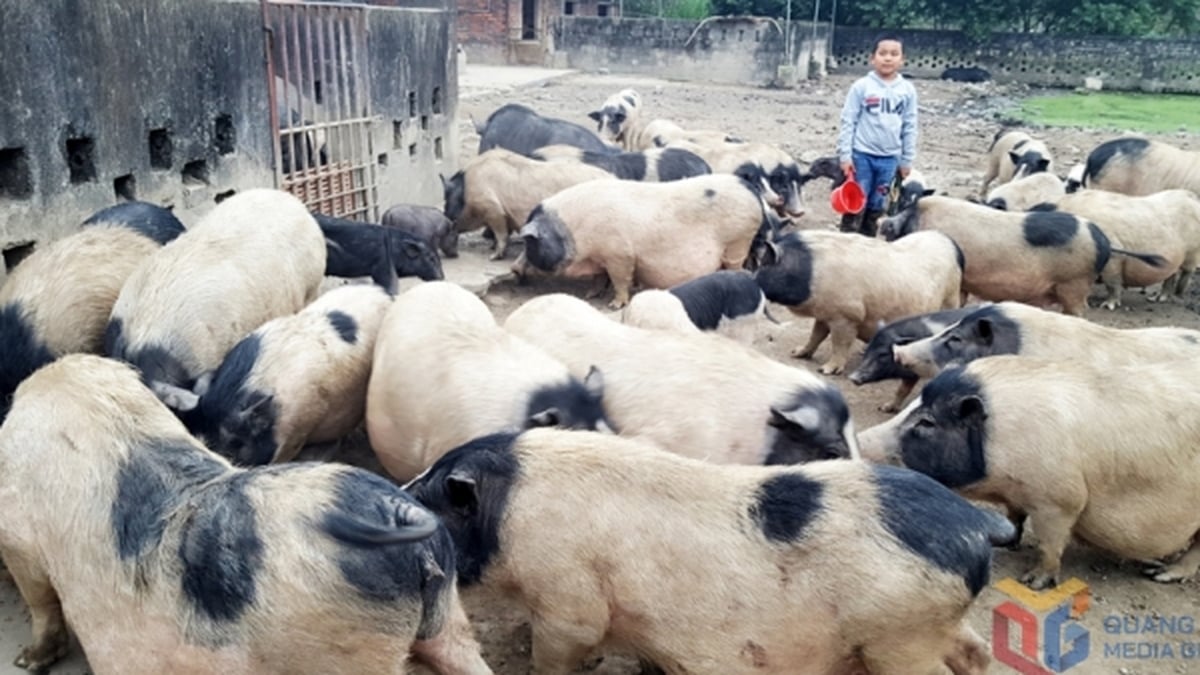
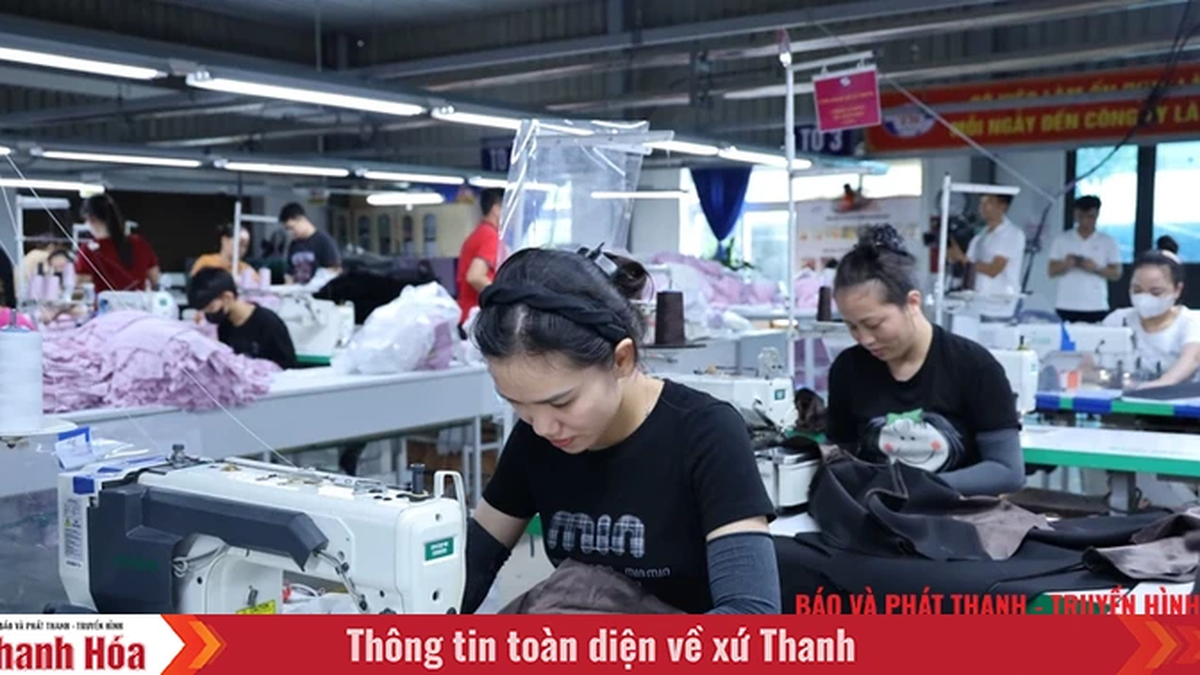



























































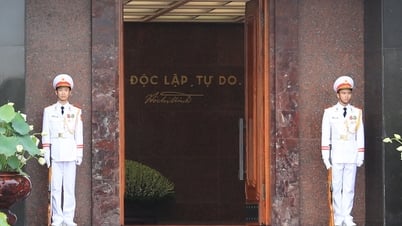



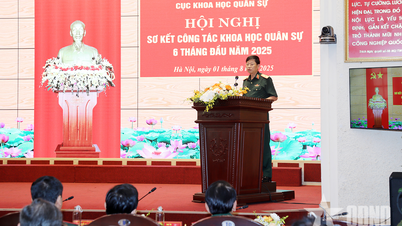

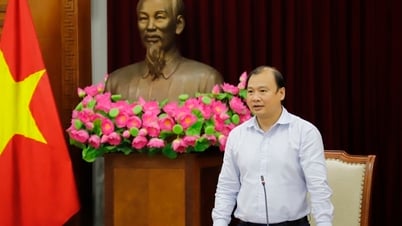






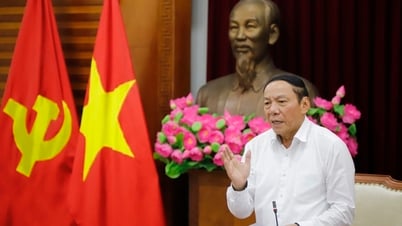























Comment (0)